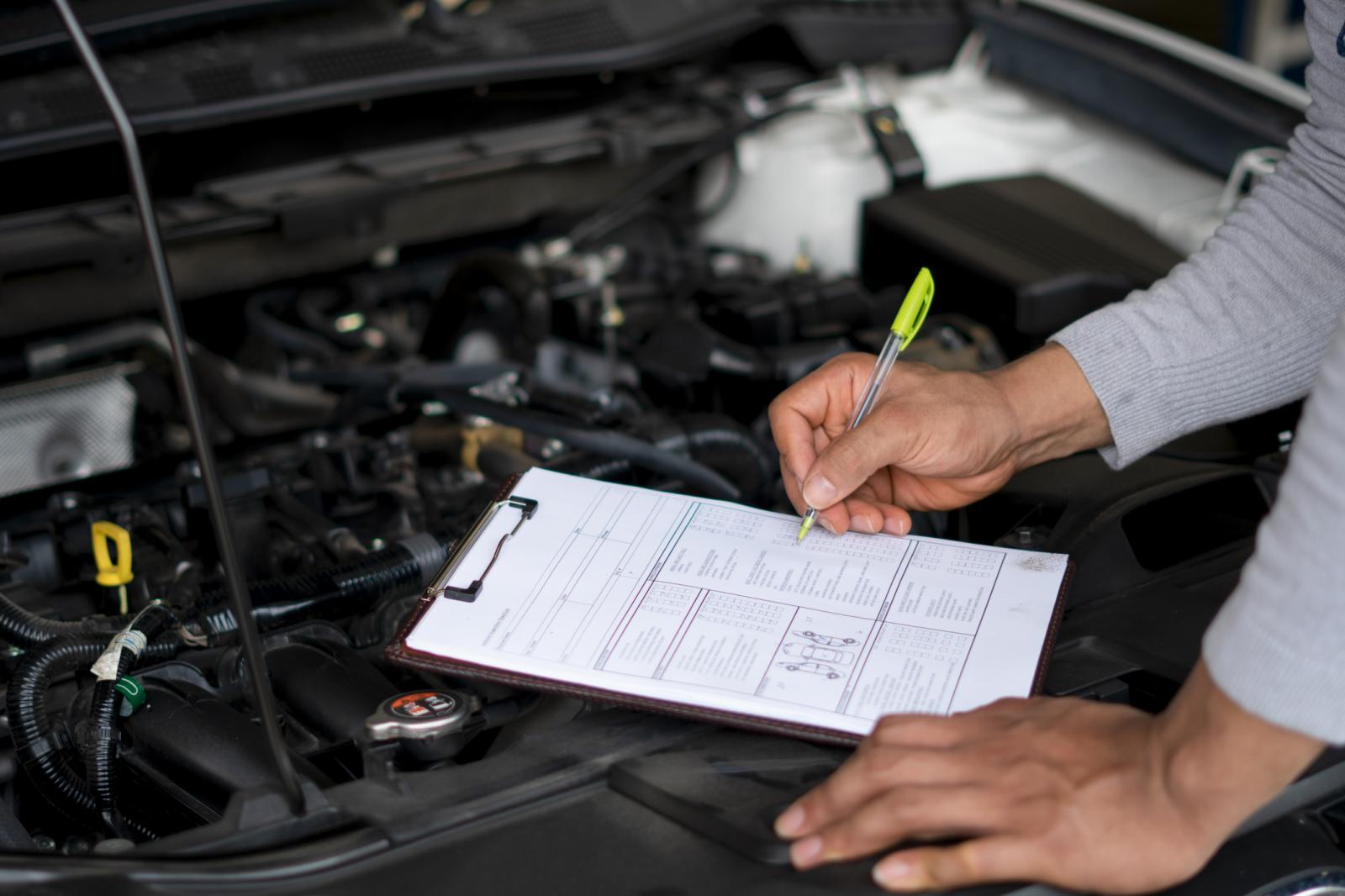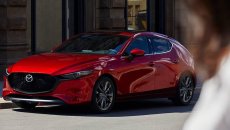CAR TIPS & ADVICE
Car battery lifespan and tips to extend battery life
Oct 11, 2022
Car battery is an extremely important part that directly affects the price, cost and performance of electric cars.
Therefore, how to improve the quality and prolong the car battery lifespan of electric cars is a matter of concern not only for manufacturers but also for users.
Overview of electric car batteries
- Most electric car models on the market today use lithium batteries. In particular, electric car lithium-ion batteries are used for pure electric vehicles (EVs), while nickel-metal hydride batteries are used for hybrid electric vehicles (hybrid vehicles).
- Electric car batteries are composed of many modules, in which each module is made up of hundreds of separate lithium battery cells packed together. The battery is quite large, so it is usually arranged just below the floor in the style of a skateboard along the chassis.
- The battery capacity of electric cars is measured in kilowatt-hours (kWh), which is equivalent to the energy used by a device for 1 hour. This capacity also represents the maximum amount of energy that the vehicle can use within 1 hour.
- However, under normal operating conditions, electric cars will not use this maximum amount of energy, so the battery life of the vehicle can last for many hours. The higher the battery capacity, the more energy, the longer the usage time after each battery charge.
- Electric car lithium-ion batteries have capacities from 6kWh to 100kWh. However, most electric car models today use batteries with large capacity, ranging from 35kWh to 100 kWh. With this capacity, the car can travel from 200km to 500km per full charge.

Overview of electric car batteries
How long does a car battery last?
Although the battery has the most energy and highest durability today, over time, the capacity of electric vehicle batteries will gradually decrease. Current popular electric car batteries have a charge cycle of 1,000 to 4,000 times, equivalent to a distance of 160,000km to 1,600,000km. Calculated according to the frequency and distance traveled, the average life of the battery is usually over 8 years, even lasting over 10 - 12 years.
Factors affecting car battery lifespan
Car battery lifespan can be affected by the impact of many of the following factors.
Climate characteristics
According to information from manufacturers, the life of electric car batteries can be reached to the maximum if used in environmental conditions with temperatures of 20 degrees Celsius or lower throughout the life cycle.
If used in high temperature conditions, the internal components of a lithium-ion battery can undergo a chemical reaction that loses its ability to store energy. This makes the battery capacity tend to drain faster, the car battery lifespan is also shortened.
Do not use the car for a long time
The fact that the battery is not used for a long time under fully charged conditions or high temperatures such as parking in the sun will reduce the battery life of electric cars.

Factors affecting car battery lifespan
Battery charging habits
This is a factor that affects the battery life of electric cars quite a lot. The habit of charging the battery to 100% or letting the battery drain regularly will reduce car battery lifespan.
Besides, the abuse of fast car battery charger also directly affects the battery quality. Because when charging fast, the exothermic phenomenon can cause a reaction between the substances inside to change the composition.
>> Read more our article about car tips and advice: https://philcarreview.com/tips-advice
How to charge a car battery?
- Do not charge the battery if the remaining battery capacity can meet the range of travel during the day. Most modern electric car models have a function of warning the remaining percentage of the battery, users can rely on the system's suggestions to charge the battery at the right time.
- Do not overcharge the battery while avoiding the battery being drained. Battery capacity should be maintained at a minimum of over 20% and a maximum of 85% per charge. To help users control the maximum amount of battery when charging, many manufacturers have integrated a warning function or automatically cut off the power when the battery capacity reaches the maximum recommended level.
- Consult and master the instructions for use and care provided by the manufacturer or the vendor. Conduct routine checks and maintenance to ensure the best battery performance and quality.

How to charge a car battery?
Conclusion
Hopefully, the above information will help you have more knowledge about batteries in electric cars and how to use them to ensure the longest car battery lifespan. Visit Philcarreview for more information! See you next time.
-

10 Basic Road Lines Meaning Philippines - Must-know to Drive Safely
-

Best Hatchback Cars Philippines Suggestion For You
-

Things You Should Keep In Mind When Buying Used Car
-

Car Conduction Sticker: Where & How Can You Get It In The Philippines?
-

South East Metro Manila Expressway: Route Map & Latest Update
-

LTO RFID Sticker Penalty 2020: Every Driver Should Know
-

Ped Xing Meaning: What Does This Mysterious Sign Actually Mean?
-

What are Toyota Rush problems in the Philippines?



